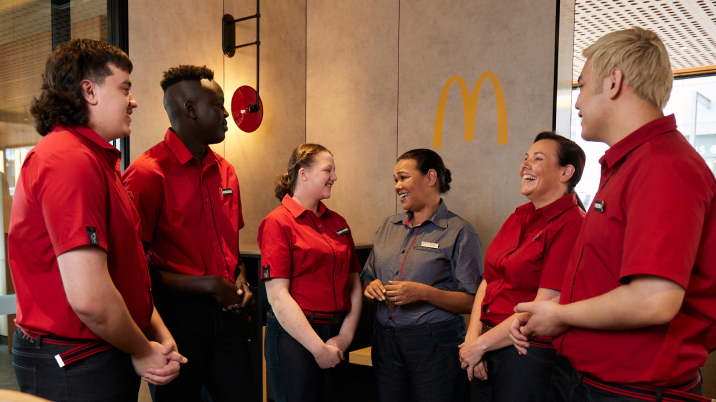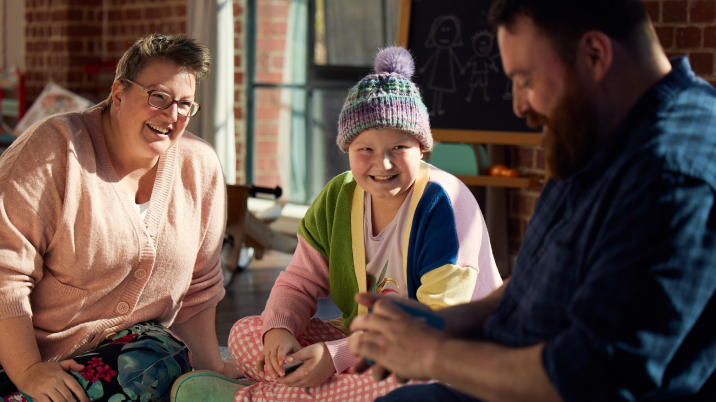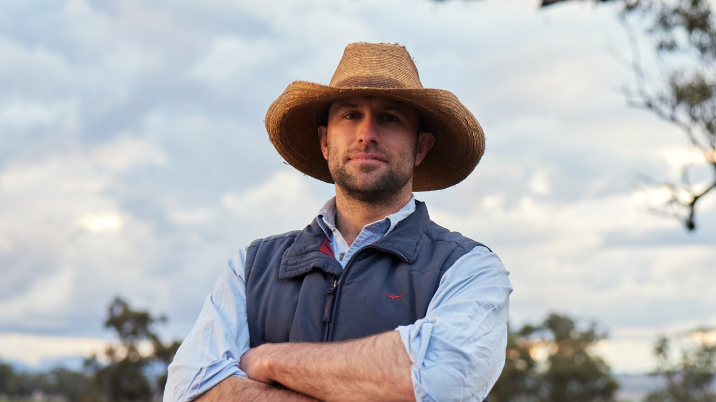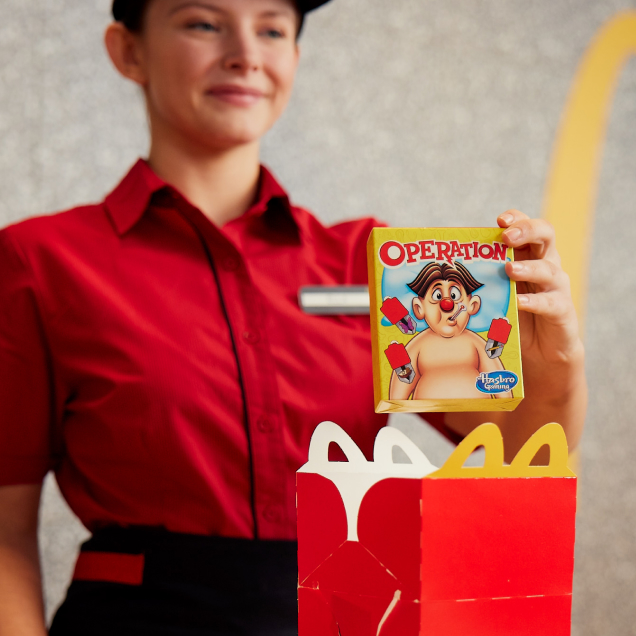
Reducing plastic in our customer packaging
For more than a decade, McDonald’s Australia has been working alongside the global business to scope and introduce initiatives to reduce plastics in our customer packaging.
As part of this, we’re working towards sourcing all customer packaging (excluding pre-packaged products) from renewable or reclaimed materials by the end of 2025.
We are on our way to achieving this with 87%* of customer packaging (excluding pre-packaged goods) in Australia containing renewable, recycled or reclaimed materials at the end of 2022. (*data is based on internal reporting and percentage is based on the weight of materials used).
This has been achieved through a range of packaging changes, including:
-
Introducing hot and cold drink lids and cold cups made from wood fibre in South Australian restaurants in August 2024, removing approximately 190 tonnes* of plastic from circulation in restaurants across South Australia per year (*based on 2023-2024 volumes).
-
Replacing sauce tubs and lids with wood fibre alternatives in all restaurants nationally in May 2024.
-
Introducing hot drink lids made from wood fibre in Western Australia restaurants in February 2024, removing approximately 51 tonnes* of plastic from circulation in restaurants across Western Australia per year (*based on 2022 volumes).
-
Working with packaging suppliers to introduce sundae cups containing fibre-based materials in all restaurants nationally by the end of 2023.
-
Introducing fibre based cold McCafe lids and cups in restaurants across Western Australian in October 2022.
-
Being one of the first restaurant groups in Australia to phase out single-use plastic straws and cutlery nationally, removing more than 500 million plastic straws and 115 million pieces of plastic cutlery from annual circulation. These figures are based on the number of plastic straws and cutlery used nationwide in 2019 - see below for state breakdown of plastic straws and cutlery that have been removed from annual circulation and replaced with fibre-based alternatives:
|
State |
Plastic straws removed |
Plastic cutlery removed |
|
NSW |
166,535,000 |
40,282,850 |
|
VIC |
124,006,200 |
30,185,475 |
|
QLD |
126,516,000 |
26,538,500 |
|
SA & NT |
33,460,000 |
7,181,000 |
|
WA |
43,590,000 |
9,875,000 |
|
TAS |
9,333,800 |
2,272,025 |
|
ACT |
8,765,000 |
2,120,150 |
In previous years, we’ve also removed plastic lids from McFlurry cups, introduced fibre-based salad bowls, removed plastic carry bags and reduced the weight of plastic sundae cups.
As part of our ongoing commitment to reduce plastics in customer packaging, McDonald’s works with The Australian Packaging Covenant Organisation (APCO) on packaging stewardship. We actively participate with other brand owners through working groups on ways to improve sustainable packaging design and recovery through innovative, sustainable solutions. Click here to view the latest Annual Report from APCO.
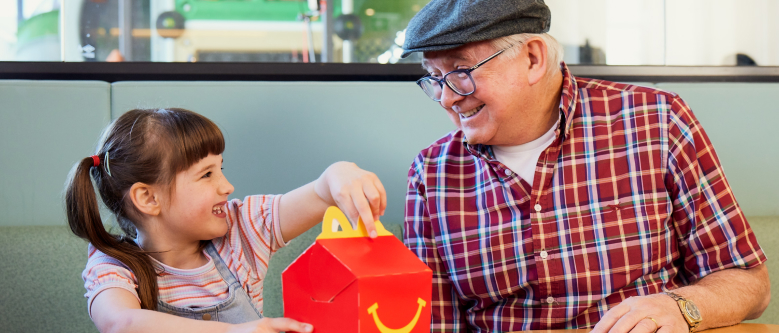
Definitions
Renewable materials refer to material that is composed of biomass from a living source and that can be continually replenished. Renewable applies to plastics only, not fibre. (Source: ISO 14021:2016 for plastic, ASTM 6866 or ISO 16620-2).
Reclaimed materials refer to material that would have otherwise been disposed of as waste or used for energy recovery, but has instead been collected and recovered [reclaimed] as a material input, in lieu of new primary material, for a recycling or a manufacturing process. (Source: ISO 14021:2016).
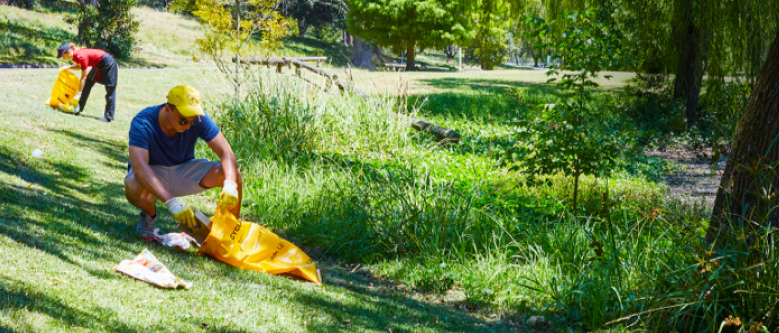
Addressing litter
McDonald’s is a founding partner of Clean Up Australia Day, helping to remove rubbish and clean up local communities across Australia.
Since 1990, over 136,000 employees from Macca’s have volunteered on Clean Up Australia Day, removing rubbish from communities.
In 2024, over 4,000 employees from over 400 McDonald’s restaurants nationwide committed to cleaning up their local area.
McDonald’s has also donated over $5 million towards the partnership and clean up kits.


